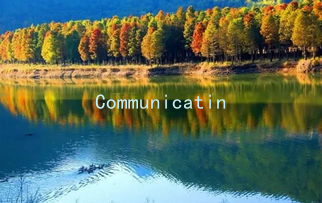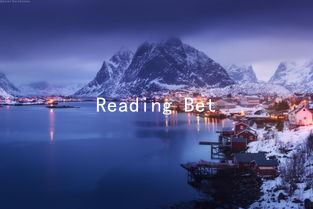Communicating Your Needs: The Intersection of Sexual Identity and Relationship Skills
Communicating Your Needs: The Intersection of Sexual Identity and Relationship Skills
In today’s diverse and interconnected world, understanding ourselves and our partners has never been more essential. The intersection of sexual identity and relationship skills plays a pivotal role in fostering healthy, fulfilling relationships. Effective communication is at the heart of this process, enabling individuals to express their needs, desires, and boundaries authentically.
Understanding sexual identity is a vital component of relationship dynamics. Each person’s sexual orientation and identity shape their experiences, emotions, and how they interact with others. For many, discussing sexual orientation can be challenging, fraught with fears of judgment, rejection, or misunderstanding. However, opening this dialogue is crucial for building a foundation of trust and intimacy in any relationship.
The first step in communicating your needs regarding sexual identity is self-awareness. Take the time to reflect on your feelings, desires, and what you deem important in a relationship. This self-reflection allows you to articulate your needs clearly to potential partners. For instance, if someone identifies as bisexual, they might feel different pressures or expectations within a relationship. They may need to communicate what that identity means to them and how it influences their relationship preferences.
Once you have a grasp on your own identity, the next step is to approach conversations with openness and honesty. Initiating discussions about sexual identity and relationship needs can be daunting, but starting these conversations in a safe and non-judgmental environment can make a significant difference. Whether you’re on a first date or have been in a relationship for years, considerate dialogue can pave the way for in-depth understanding. An effective approach is to use I statements—these help express your feelings without placing blame or making assumptions about your partner. For example, saying “I feel more comfortable when we openly discuss our sexual preferences” encourages a constructive conversation instead of defensiveness.

Active listening is also essential in these discussions. When your partner shares their thoughts or experiences regarding sexual identity, responding with empathy and validation fosters a supportive atmosphere. This mutual understanding can lead to deeper connections and nurtures an environment where both partners feel valued and heard.
Moreover, establishing boundaries is a critical aspect of any relationship, especially concerning sexual identity. Communicating what you are comfortable with, what your limits are, and respecting each others boundaries is essential for growth and safety. In doing so, both partners can navigate the complexities of sexual intimacy and emotional connection with greater ease. Setting these boundaries is not a sign of weakness; rather, it is an assertion of self-respect and mutual consideration.
In addition to verbal communication, non-verbal cues also play a significant role in expressing needs and feelings. Body language, eye contact, and even the attentiveness you show can communicate a wealth of information about your emotional state and comfort level. Being aware of these signals can enhance the relational experience and often convey understanding and support even without words.
Ultimately, navigating the intersection of sexual identity and relationship skills requires continuous effort, learning, and growth. Building strong communication practices allows both partners to express their needs authentically, paving the way for a fulfilling and meaningful connection. Remember, every relationship is a journey, and approaching it with openness, respect, and curiosity is the key to personal and relational development. Embracing each other’s unique identities not only enriches the relationship but also cultivates a deeper understanding of oneself and the diverse expressions of love in the world.





